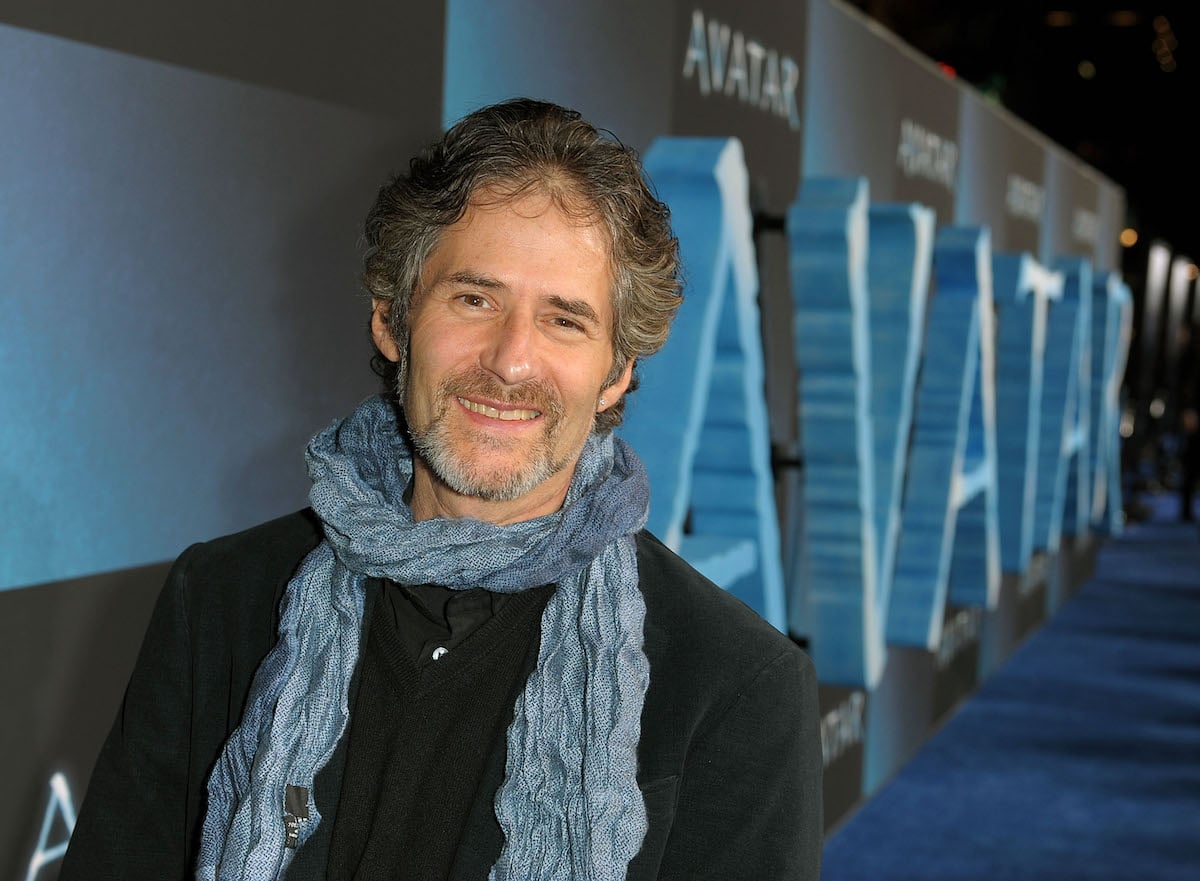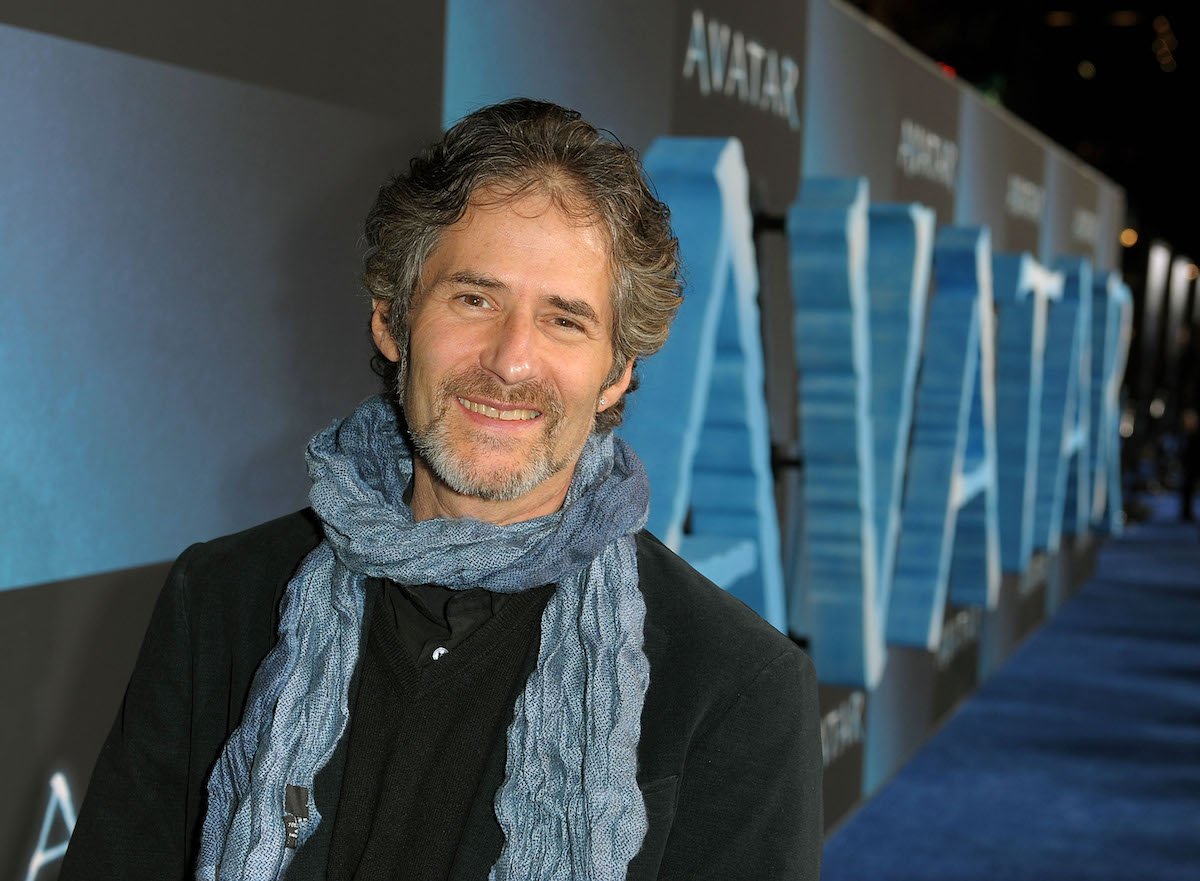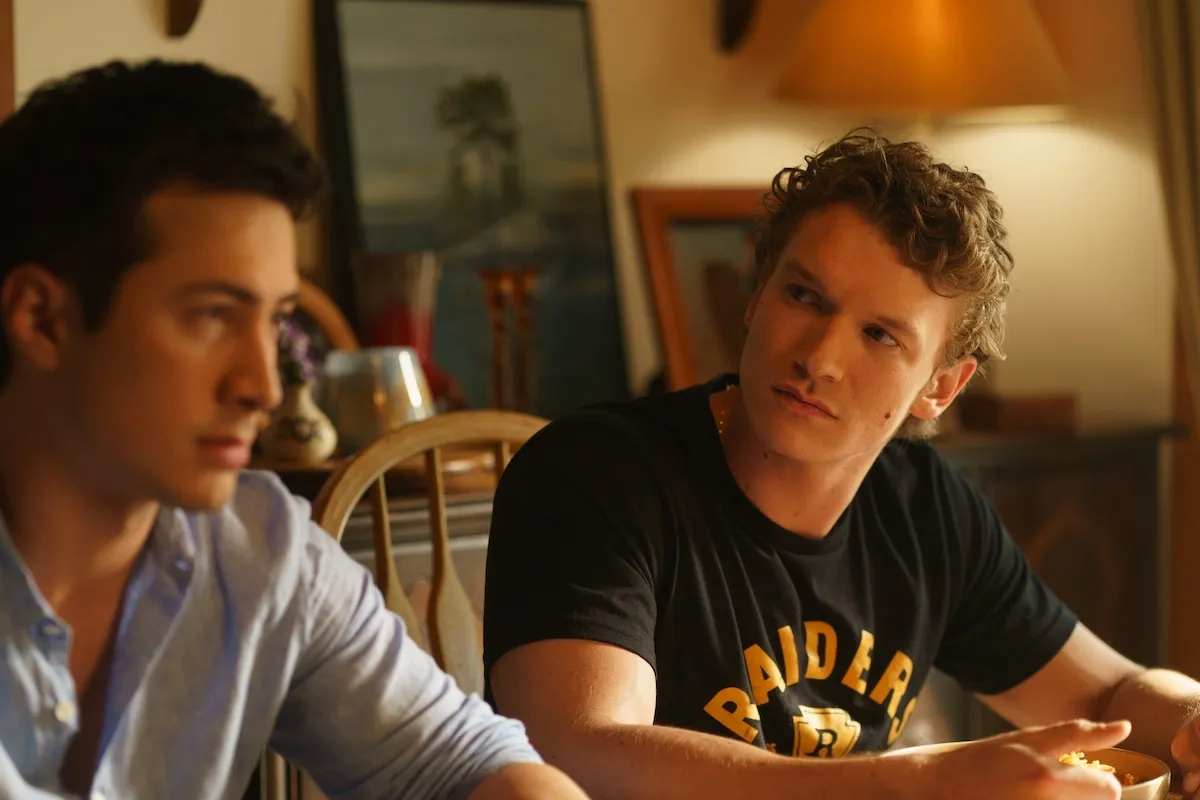
‘Avatar’ and ‘Titanic’ Composer Met a Tragic Death
One of the most exciting and romantic parts of the 1997 blockbuster Titanic is its incomparable soundtrack, which can still move viewers to tears. While getting caught up in our favorite movies’ storylines, it’s easy to overlook the level of skill needed to craft orchestral masterpieces that advance plots and tug at heartstrings. Sadly, the brilliant composer who brought us the evocative music in Titanic, Avatar, and many other blockbusters met an untimely end in 2015. James Horner’s loss is one of the most tragic celebrity deaths to shake the American film industry.
‘My Heart Will Go On’ composer James Horner won 2 Oscars for his work on the ‘Titanic’ soundtrack

On the evening of March 23, 1998, director James Cameron’s epic film Titanic won 11 Oscars. One went to composer James Horner in the Best Music category for Original Dramatic Score. He also won Original Song with lyricist Will Jennings for the hit single “My Heart Will Go On.”
“I want to thank, first of all, René and Céline for a marvelous brilliant job,” Horner said that night, addressing Céline Dion, whose vocals graced the track, and her husband, René Angélil, who was instrumental in making it happen (via Oscars). “Thank you so much. I cannot thank you enough. Jim Cameron, thank you for being in a good mood that day when I brought you the song.”
Cameron, who wrote and directed Titanic, didn’t want a pop song associated with the movie but changed his mind. Though the director might have been in a good mood when he first heard it, Dion was not.
“I was in a suite with a piano at Caesars Palace. [Horner] started to play the song,” Dion recalled in a 2017 Billboard interview. “With all the respect that I have for James — poor him, this guy is looking above us right now — he is not the greatest singer. I was making this sign like, ‘This is not possible.’ René stopped him: ‘James, James, James. Listen to me. You’re not doing justice to the song right now. I’m going to make a deal with you: Let’s have Céline make a demo.’ I wanted to choke my husband because I didn’t want to do it!”
However, the song became an anthem for one of the most successful films and arguably the biggest hit of Dion’s stellar career. The soundtrack, which sold 10.2 million copies, led Billboard’s Top 200 for 16 weeks and finished at the top of its year-end ranking, one of five soundtracks to do so before Frozen in 2014.
Dion’s single “My Heart Will Go On” also appeared on her Let’s Talk About Love album. The song spent two weeks atop the Billboard Hot 100 and 10 weeks leading the Radio Songs chart, selling over 60 million copies.
James Horner met an untimely death in 2015
At 8:10 a.m. on June 22, 2015, Horner took off alone from Camarillo Airport in Ventura County, California. He was piloting a Short Brothers PLC S312 Tucano MK 1. According to Plane & Pilot, the experimental single-engine turboprop plane was manufactured in 1989 and last inspected in October 2014. Horner was an experienced pilot who owned five aircraft and had obtained his latest medical certificate three days prior.
During the flight, Horner told air traffic control he’d be doing maneuvers between 10,000 and 2,500 feet. At 9:24 a.m., he radioed that he would descend and might be out of contact for a few minutes. At 9:29, a controller attempting to contact Horner received no response.
A witness reported seeing the plane circle about 500 to 800 feet above her house shortly before a cloud of dust and smoke appeared. Horner’s plane crashed in a remote area of the Los Padres National Forest, about 16 miles south of Maricopa, California.
The National Transportation Safety Board found evidence that the engine was operating on impact. Horner’s toxicology report revealed potentially impairing levels of butalbital and codeine, found in certain headache medications. The cause of the crash was determined to be “failure to maintain clearance from terrain during low-level airwork,” with the prescription drugs listed as a contributing factor, CNN reported.
As news of the tragedy spread, friends and associates expressed their sympathy and sadness over losing a kind and talented soul. Horner, who was 61, left behind his wife of 30 years, Sara Elizabeth Nelson, their two daughters, and a stunning body of work.
Horner’s IMDb profile lists Oscar nominations for eight other films, including Aliens (1986), Field of Dreams (1989), Braveheart (1995), A Beautiful Mind (2001), House of Sand and Fog (2003), and Avatar (2009). He also scored SouthPaw and The 33, released shortly after his death.
Horner also composed a classic song for Disney’s ‘Hocus Pocus,’ but another writer got credit for it
After its release in 1993, Disney’s Hocus Pocus became a Halloween classic. To fans’ delight, its 2022 sequel, Hocus Pocus 2, featured a signature song from the first film, “Come Little Children,” also known as “Sarah’s Theme” and “Garden of Magic.” The Emmy-winning composer John Debney scored both films, and though he received credit for all the music, including that song, he didn’t compose it.
D. Melhoff, the author of darkly imaginative tales for the young and young at heart, discovered the truth while doing research for his novel, aptly titled Come Little Children. As he tried to determine the lyrics’ origin, he found that some people had credited the poet Edgar Allan Poe, while others had credited the songwriter Brock Walsh. After reaching out to Debney to no avail, Melhoff contacted Walsh and received the following response.
“That has to be the most gratifying — and apocryphal — bit of internet misinformation ever! Being confused with Poe? Must have been my obsession with him as a child. Yes, the lyric is my creation, written in tandem with James Horner,” Walsh revealed.
In a TEDx Talk, Horner described the nature of his profession, shedding light on how this sort of thing could happen. “The film world is very proprietary,” the composer explained. “When I do a film score, I am basically nothing more than a fancy pencil for hire. I don’t own any of the music when I’m done. It belongs to the film company.”
Debney came on board to compose the score after Horner had written the song. It was up to the studio to decide how to credit it. Now, thanks to Melhoff, we finally know the truth.


